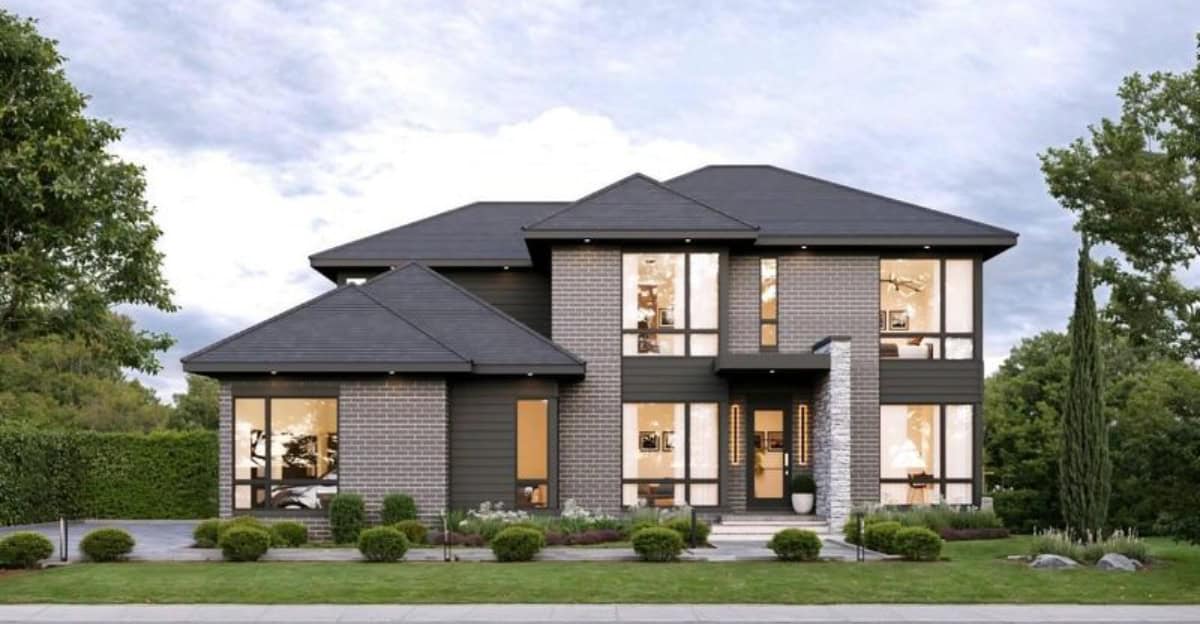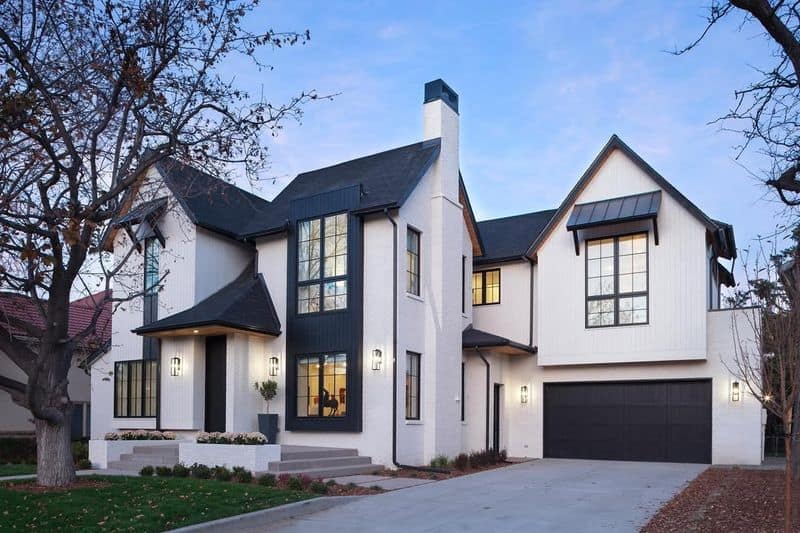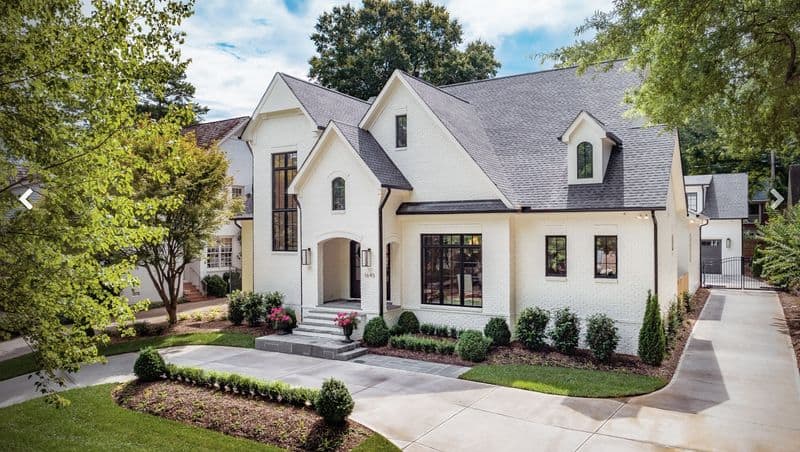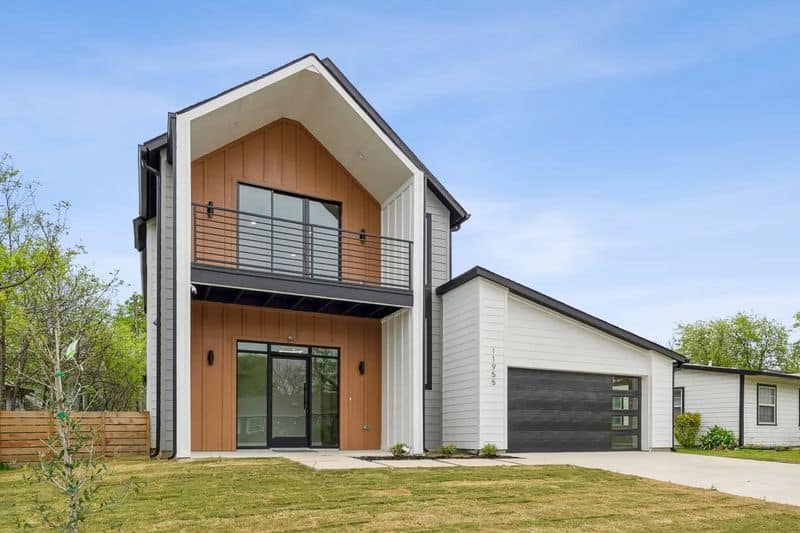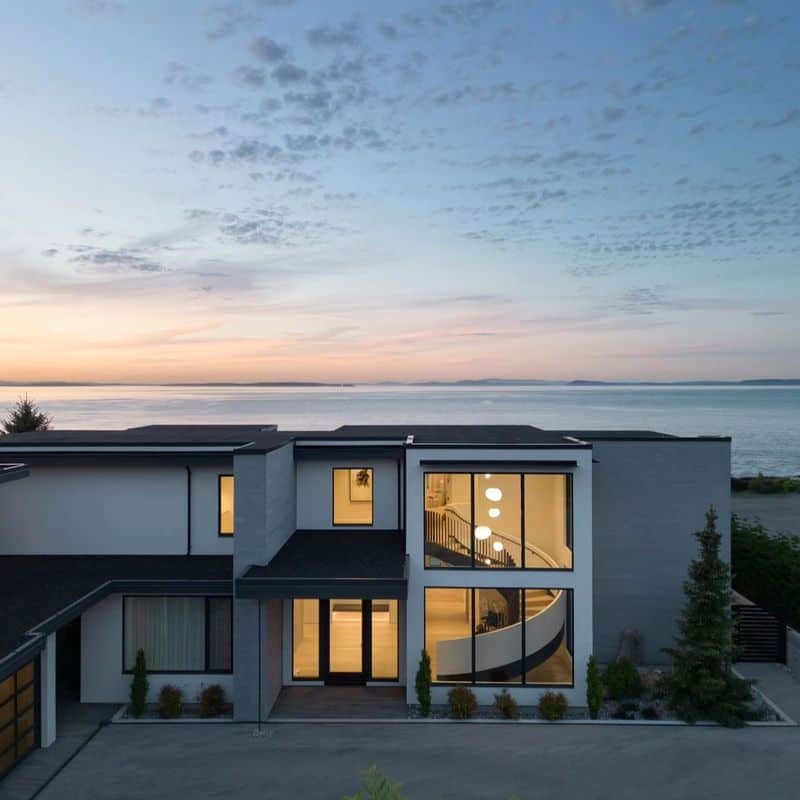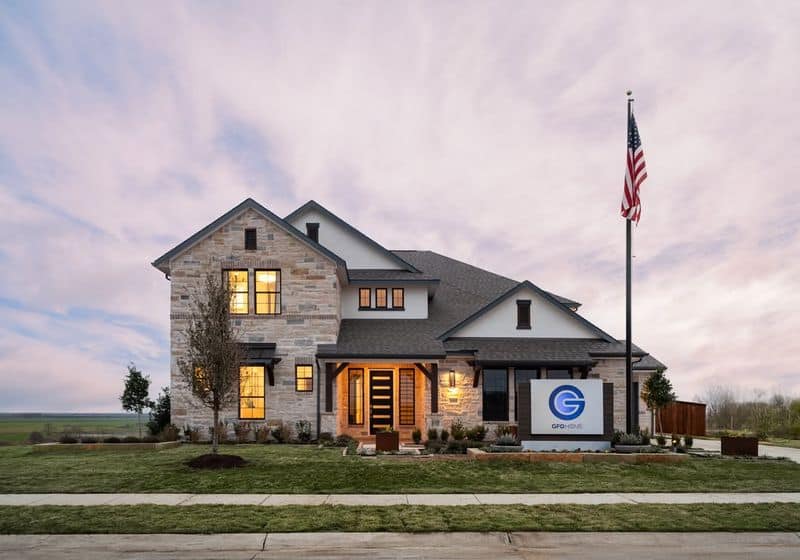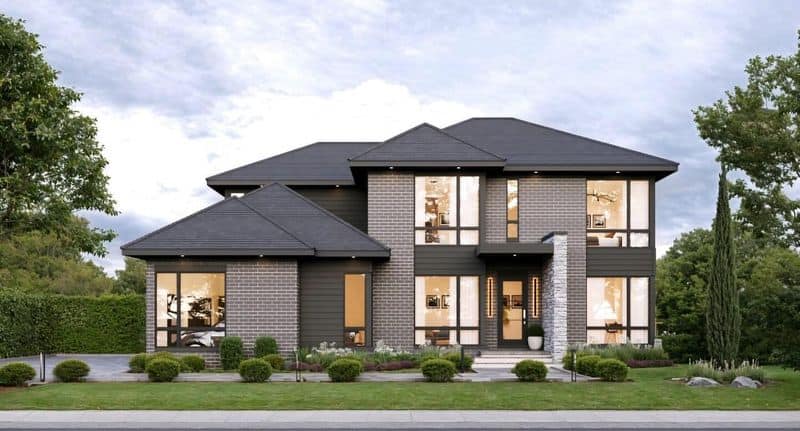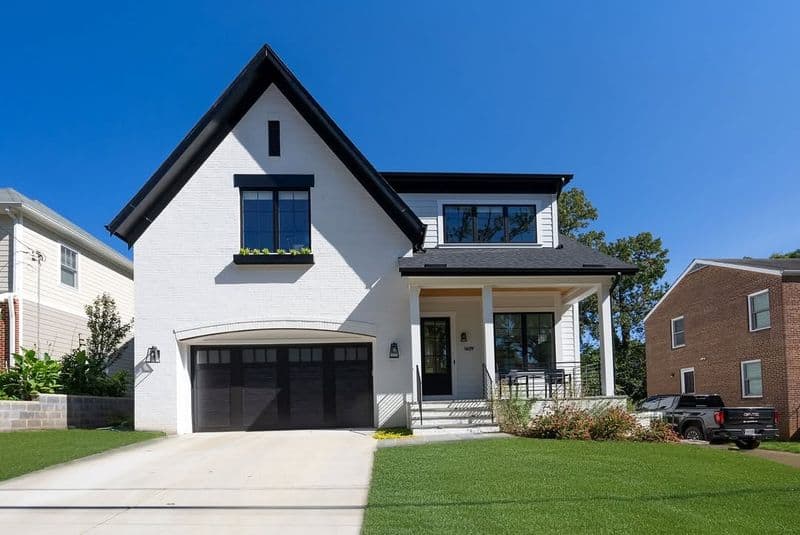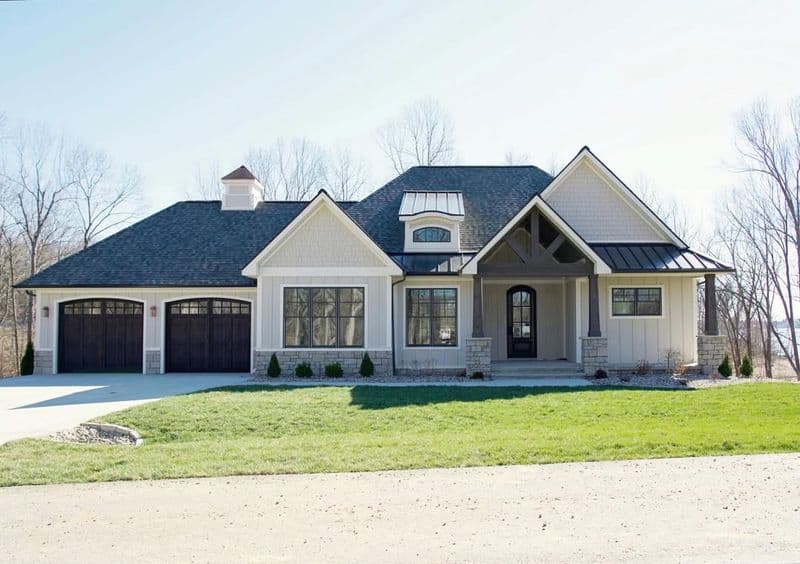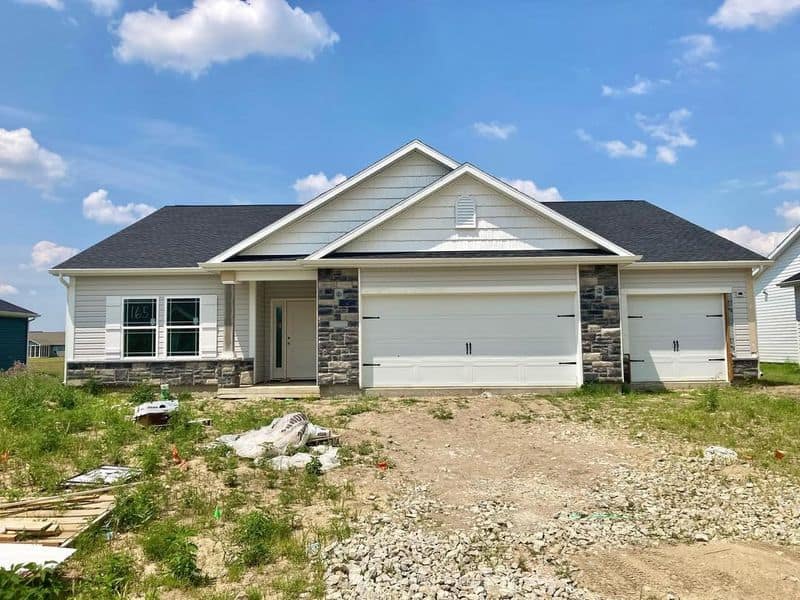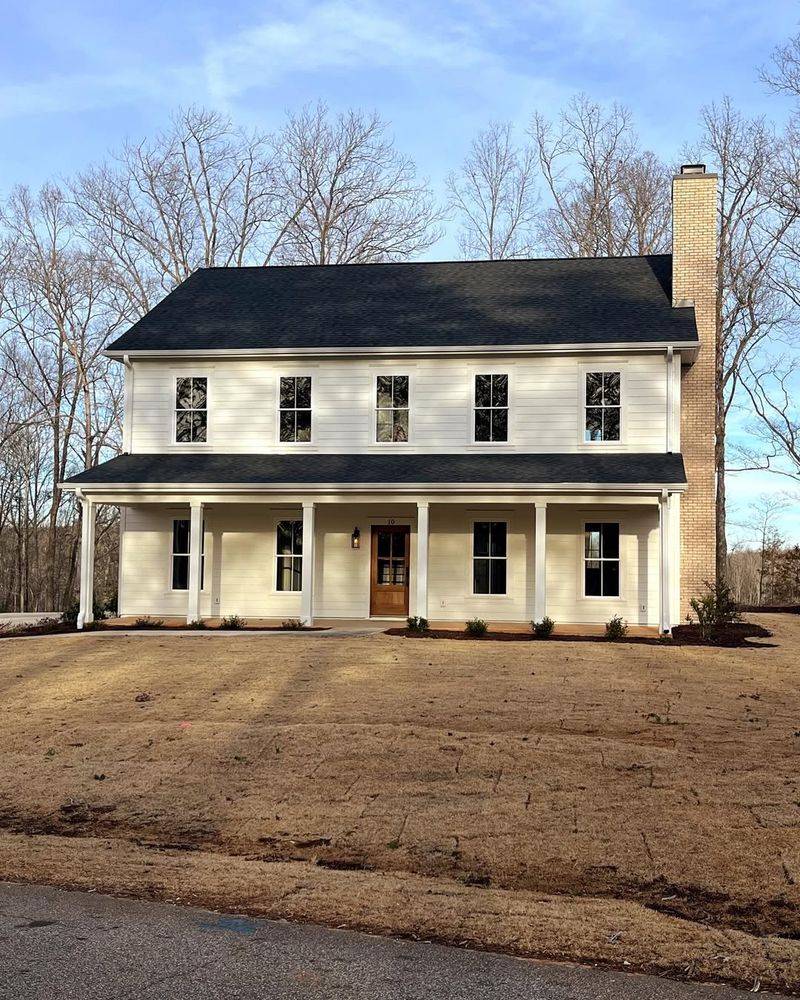Buying a spec house can be a thrilling yet perplexing decision. These are homes built by developers before they have a specific buyer, and they’re typically designed with general appeal in mind.
Think of them as the off-the-rack suits of the housing world—ready-made but not custom-tailored.
While they offer the convenience of a quick move-in and modern amenities, they also come with their own set of quirks and challenges.
Let’s explore the pros and cons to see if a spec house aligns with your home-buying dream.
1. Quick Move-In
The allure of a spec house often lies in its availability for a swift move-in. Picture this: no endless construction delays, just a whirlwind romance with real estate.
Imagine stepping into a home where everything is brand-new and ready for your personal touch.
The fresh paint, gleaming floors, and untouched appliances await. It’s like finding a perfect apartment in a bustling city, but bigger!
However, the excitement may also mean less time to plan your move. Be prepared for a flurry of activity as you transition quickly into your new abode!
2. Cost Efficiency
Spec houses are often competitively priced, which can be music to a budget-savvy buyer’s ears.
Developers may offer attractive deals to offload properties quickly, saving you some shiny pennies. Think of it as a budget-friendly shopping spree, where discounts abound and your wallet gets a break.
However, keep an eye out for the fine print. Some cost-saving opportunities might mask hidden expenses.
Be sure to delve into the details before signing on the dotted line, ensuring your dream home doesn’t break the bank unexpectedly.
3. Convenience
The convenience factor of spec houses is undeniable, offering ready-to-live-in spaces that cater to those with packed schedules.
Picture the ease of moving into a home that’s been thoughtfully designed to accommodate modern living. From sleek kitchens to cozy living rooms, everything is set.
Yet, this ready-made charm might mean compromising on personalization. You’ll gain a home that’s move-in ready but might wish for a little more ‘you’ in the design.
Convenience comes wrapped in trade-offs, like a pre-set playlist at a party.
4. Modern Features
Spec houses are often equipped with the latest modern features, making them a tech enthusiast’s dream.
Imagine having a house that’s a step ahead with smart appliances, high-speed internet setups, and eco-friendly materials. It’s like walking into a futuristic wonderland where your refrigerator talks back.
Yet, the flashiness of modern features can sometimes overshadow functionality.
It’s crucial to ensure these snazzy gadgets truly align with your lifestyle, rather than just adding a shiny veneer to your living space.
5. Potential Negotiation Leverage
Buying a spec house might offer some room for negotiation, especially if the developer is eager to sell.
Imagine sitting at a negotiation table with the power to tweak terms or score additional perks. It’s like haggling at a market, but for your dream home!
However, the art of negotiating requires finesse. You must balance assertiveness with realism, ensuring you advocate for your needs without overreaching.
A good deal is all about finding the sweet spot where both parties leave satisfied.
6. Limited Customization
One of the drawbacks of spec houses is the limited scope for customization. You might find yourself in a home that’s already a complete package, leaving little room for personal flair.
Consider it like buying a pre-packaged meal at a restaurant. It’s convenient and tasty, but you can’t tweak the ingredients.
Those with a flair for design might feel boxed in by the generic palette. On the upside, it saves you from the paralysis of choice, but at the cost of a home truly your own.
7. Generic Design
The cookie-cutter design of spec houses can sometimes lead to a lack of distinctive charm, resembling clones in a suburban lineup.
It’s like driving through a neighborhood where every house nods at its neighbor, a sea of sameness.
While this might appeal to those seeking simplicity, others might yearn for a home with character.
Striking a balance between uniformity and uniqueness can be a challenge, but it’s all about finding what truly resonates with your personal style.
8. Potential Quality Concerns
Spec houses can sometimes harbor quality concerns hidden beneath their shiny new exteriors.
Imagine peeling back layers and discovering that not all that glitters is gold. It’s like peeling an orange only to find a sour inside.
Engaging a reliable home inspector becomes crucial to unearth potential issues. Their trained eye can spot what’s hidden beneath glossy finishes and help ensure your investment is sound.
After all, peace of mind in your purchase is priceless.
9. Fixed Location
Spec houses come with the perk of being situated in established neighborhoods, but this can also be a limitation.
Consider it like buying a concert ticket: great if you love the band, limiting if not. You’re locked into the location, which might not suit everyone’s needs.
The benefits of community amenities must be weighed against the potential constraints of the surroundings. It’s a dance between appreciating what’s already there and wishing for more flexibility.
10. Resale Challenges
Reselling a spec house can be a challenge, especially in areas saturated with similar properties.
Imagine trying to sell ice in Antarctica—plenty of supply, limited demand. You might face stiffer competition in a market crowded with lookalikes.
Crafting a unique selling proposition becomes essential.
Highlighting the home’s unique features or enhancements can help your house stand out in a sea of similarity, turning potential obstacles into opportunities for creativity.

